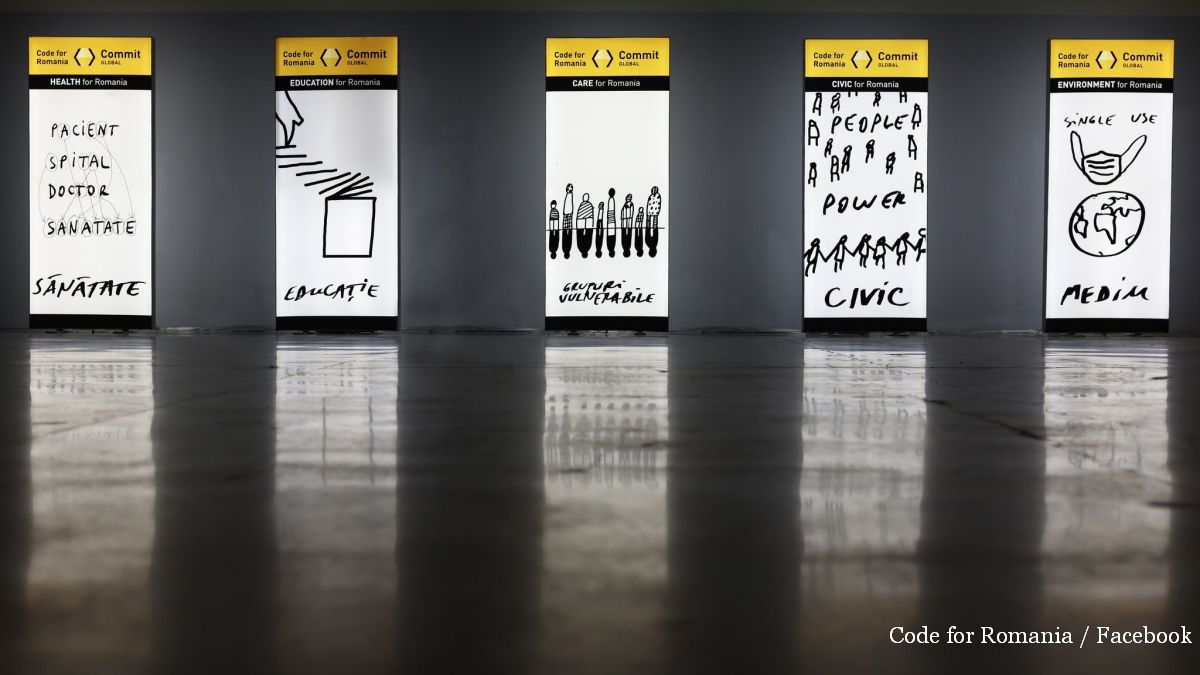New restrictions for cleaner air
Decision makers in the field have begun to look for solutions, given that almost half a million Europeans die because of pollution-related diseases every year.

Corina Cristea, 02.12.2016, 13:11
Almost half a million Europeans die every year because of diseases caused by the emission of millions of tonnes of gases and particles released into the atmosphere as a result of human activities, from sulphur dioxide, which causes the acid rain that damages buildings and kills plants, to very small particles that may cause respiratory and heart diseases.
This is despite the fact that emissions have been reduced significantly in most countries in recent decades. The costs caused by pollution are estimated at 330-940 billion euros a year, including direct economic damages of 15 billion euros accounting for lost work days, 4 billion euros accounting for healthcare costs, 3 billion euros accounting for losses caused by damaged harvests and 1 billion euros accounting for damage affecting buildings, according to data published by the European Commission.
Taking all these aspects into account, decision makers have begun to look for solutions. One solution, in the opinion of European parliamentarians, is to set much stricter ceilings for the main air polluters.
The MEPs meeting in Strasbourg debated and voted on a new directive in the field establishing national objectives on the reduction of emissions for five air polluters by 2030 compared with 2005, namely sulphur dioxide, nitrogen oxide, non-methane volatile organic compounds, ammonia and fine suspended particles, the fine dust created by road vehicles and maritime travel and the soot released through burning known as “black smoke”.
According to the European Environment Agency, these polluters originate from different sources such as heating, industry, transport, agriculture and energy production. Parliament has, however, accepted for methane to be excluded in the final proposal, even though this is not specified in the directive, said the British rapporteur. According to experts, even though methane is in much lower concentration than CO2 in the atmosphere, it is responsible for 18% of the man-made greenhouse effect.
Reducing pollution is a must because it is the main environmental cause of death in the EU, rapporteur Julie Girling told Parliament. She said that the political context has changed dramatically in the last three years, and air quality has gone to the top of the public agenda, especially after the VW scandal and the issue of emissions in traffic. She also said that the focus on CO2 may have kept focus away from air quality.
As early as this July, after the vote in the environment committee, she said that this was an emergency in public health, and that results would be improved by 50% between 2020 and 2030. That means that every year over 200,000 people will not lose their lives prematurely, which is paramount. There is, however, a certain flexibility, but conditional. For instance, if a country cannot live up to its commitments in a given year because of a particularly heavy winter or a very dry summer, that country can average out its emissions for that year with the one before and the one after.
At the same time, member states are urged to include in their national air pollution control programs measures applicable to all relevant economic sectors, such as agriculture, industry, road and domestic water transportation, as well as home heating. According to the rapporteur, reducing pollution is paramount, as it is the main environmental cause of death in the EU, and would lead to a significant improvement in peoples health.
The European Commissioner for Climate Action and Energy Miguel Arias Canete has stated that the outcome that has been achieved is a great health-related success in the European Union, in terms of preventing 50% of early deaths and a number of ailments by 2030. In addition to the benefits brought by these measures to people, they also open the way to apply the revised Gotteborg protocol, relevant to cross-border pollution.






























